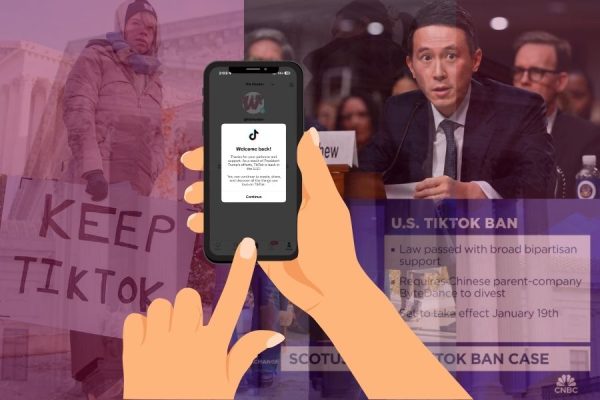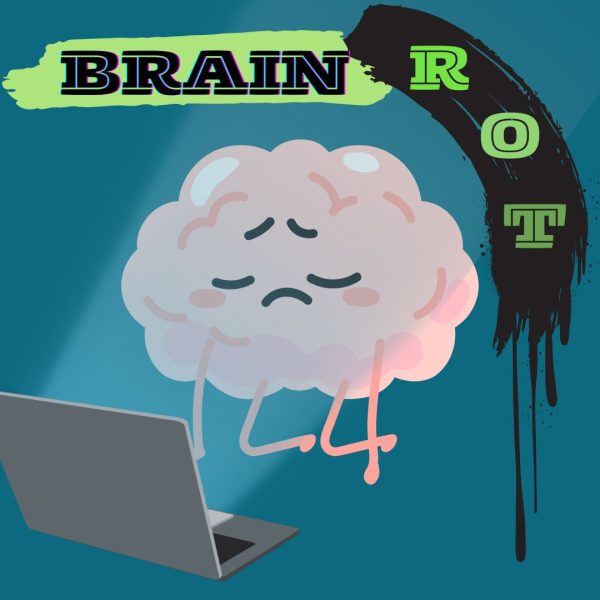The humanitarian crisis progresses in Aleppo
Simply negotiating a short term ceasefire will not be enough to save the people of Aleppo
For the past four years, the city of Aleppo has been subject to constant conflict between its eastern neighbors, the rebel group, and western neighbors, the Syrian government. The people of Aleppo are running out of medicine, food, and water, as aid groups are forbidden to enter through all roads but one: Castello Road. Negotiating and forming trust with the government of Syria, the group that is currently controlling Castello Road, takes time, something that the people of Aleppo and the aid groups just don’t have.
Aleppo, while on the other side of the globe, is majorly affected by the United States’ decision on sending aid, or helping negotiate a ceasefire. The United States has the potential to save thousands of Syrian civilians that are trapped in the confines of the war torn city, but that could possibly be extremely costly to the people of the United States. Taxpayers are worried that with the city’s track record, resources and American soldiers will be lost, due to the animosity experienced towards aid groups that have tried to enter Aleppo in the past. While those are legitimate concerns, people must remember that these Syrians that are trapped inside Aleppo are people, too.
Food and water are in high demand behind the city walls, especially now that aid groups that were originally scheduled to enter the city in September were hit by multiple airstrikes, rendering the resources useless and killing at least twelve aid workers. Without that shipment of supplies, many citizens of Aleppo are continuing to go without adequate food, fresh water, and even clothing for themselves and their families. In order to give these civilians basic necessities, aid groups need long term access to the city; something that is very hard to come by.
In a recent study from the United Nations Office for the Coordination of Humanitarian Affairs, there are over two-hundred thousand people trapped inside the city, unable to receive aid and safely exit the conflict-ridden city. As days pass, more bombs are dropped on and around the city, killing and injuring hundreds of civilians, many who aren’t able to reach a doctor or receive medical attention, due to the lack of resources available. Even if another ceasefire were to be negotiated, aid groups aren’t promised entrance into the city. This raises speculation over whether or not fighting to gain entrance is even worth the effort, but these voiceless people are relying on countries like the United States to help them.
When asked about the hospital he worked at inside the walls of the city, Dr. Mohamed al-Ahmad told The New York Times, “We’re running short of drugs; we’re running short of respirators.” With the ongoing conflict, more and more people are dying in Aleppo every day, and there are simply not enough resources and physicians to save them all. According to AJ+, the thirty doctors that are left in the city are unable to help the many people that are so close to dying without adequate resources. If aid is going to be sent to Aleppo, there must be an increase in the amount of medicine and physicians sent into the city to help alleviate the suffering this four year war has caused the people.
The citizens of Aleppo are trapped, and will remain silently awaiting help if aid groups aren’t allowed long-term entrance into the city. With the upcoming elections, all eyes are on the American presidential candidates and their opinions on foreign policy. The next President could potentially be tasked with negotiating a ceasefire and sending aid into the city of Aleppo. However, these people trapped inside Aleppo are terrified of the many threats facing them, and need our help now. Citizens of the United States must take into this time sensitive situation into consideration when deciding who to vote for, and must begin to understand the ongoing conflict in the Middle East, especially for the sake of the citizens of Aleppo, who desperately need relief.








